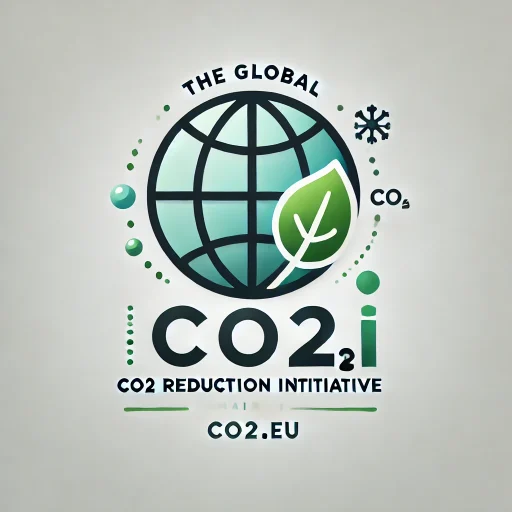Carbon Reduction Activities in Europe: July 21-27, 2025
Executive Summary: The European Union continues to advance its climate agenda with significant announcements aimed at reducing carbon emissions. The focus remains on achieving climate neutrality by 2050, with a new target set for 2040 to cut emissions by 90% from 1990 levels. These initiatives are part of a broader strategy to enhance sustainability and competitiveness across Europe.
Introduction
In late July 2025, the European Union (EU) made pivotal announcements regarding its climate policy, focusing on carbon reduction activities. These announcements are integral to the EU’s strategy to achieve climate neutrality by 2050, as outlined in the European Green Deal and the European Climate Law. This report provides a comprehensive overview of these activities, highlighting key developments and their implications for Europe’s climate action strategy.
Key Developments
2040 Emission Reduction Target
The EU has set a new target to reduce greenhouse gas emissions by 90% by 2040 compared to 1990 levels. This target is a significant step towards achieving climate neutrality by 2050. The proposal includes flexibility options, allowing up to 3% of emission reductions to be met using international carbon credits from 2036. This approach aims to address member state concerns while maintaining the overall ambition of the climate goals.
International Carbon Credits
The use of international carbon credits is a contentious issue, with climate groups expressing opposition due to concerns about their effectiveness in reducing CO2 emissions. However, the European Commission argues that if the use of these credits remains marginal and well-regulated, they can be a useful tool for financing international cooperation and supporting multilateralism.
Member State Reactions
The proposal has sparked debate among EU member states. Some countries, like the Czech Republic, view the 90% target as unrealistic, while others, such as Italy and Hungary, are concerned about the economic impact of decarbonizing heavy industry. France has expressed doubts about the feasibility of reaching the target and seeks guarantees for the decarbonization of industry and support for nuclear energy.
Implications for Europe’s Climate Strategy
The announcements made in late July 2025 reflect the EU’s ongoing commitment to reducing carbon emissions and achieving climate neutrality by 2050. By setting a new climate target for 2040 and incorporating carbon credits, the EU is taking significant steps towards a sustainable and competitive low-carbon economy. These initiatives are expected to enhance Europe’s resilience to climate change and support the global effort to mitigate its impacts.
Conclusion
The EU’s recent announcements underscore its dedication to leading global climate action. By setting ambitious targets and exploring flexible mechanisms, the EU aims to balance environmental sustainability with economic growth, ensuring a resilient and competitive future for Europe.


Recent Comments